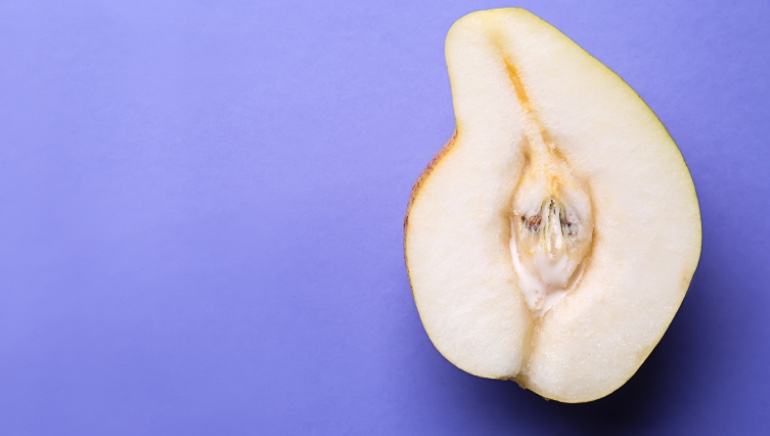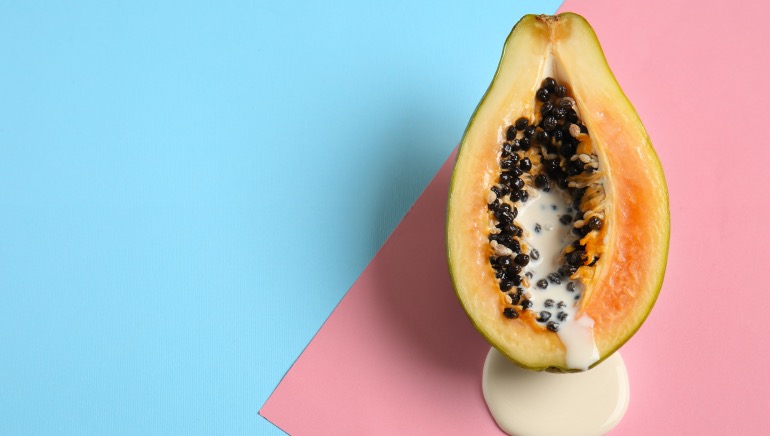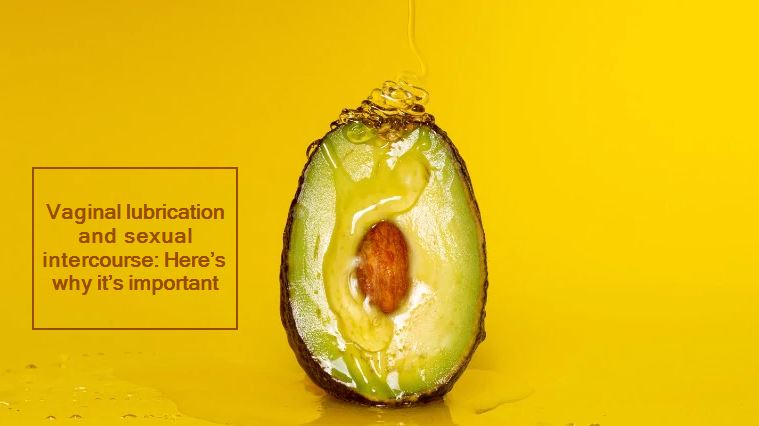Vaginal lubrication and sexual intercourse: Here’s why it’s important
When it comes to sex, vaginal lubrication makes sure that the experience isn’t just pleasurable but also safe for you. Here’s what you need to know about it
The most important aspect of mutually-pleasurable sex for women has to be vaginal lubrication. After all, this is what prepares the vagina for penetration, making it easier for the penis to enter. It also helps in reducing any accompanying friction or irritation that might make the experience uncomfortable.
When a woman is not sufficiently lubricated—either naturally or because of a synthetic lubricant, it can cause pain during intercourse and also, damage to the vaginal lining.
The glands in your vaginal wall and cervix create necessary lubrication to protect your genital area from injury. A layer of moisture gets coated in the walls of the vagina which offers an alkaline environment for the sperm to survive and is actually extremely important when it comes to getting pregnant. The moisture helps in protecting the genital area from tearing and keeps your vagina clean as well as moist.
When does the natural lubricant production get affected?
As a result of hormonal changes, menopause, aging, or medication, your body may produce less lubricant. Depending on your cycle and hormone levels, the amount of cervical fluid could vary and there are chances that less lubricant is produced.
Some medications, including some over-the-counter antihistamines that are used to suppress allergy symptoms, and life events like menopause, pregnancy, lactation, aging, or being diabetic, will inhibit lubrication. Medicines with anticholinergic can lead to drying out of the mucosal or ‘wet’ tissues of the vagina. Using oral contraceptives may also lead to an increase or decrease in vaginal lubrication.
As a result of hormonal changes, aging, menopause, or medication, the vaginal walls of your body can become thin. If the walls become thin, it means that fewer cells will secrete moisture which leads to vaginal dryness.

Image courtesy: Shutterstock
Why is vaginal dryness a serious concern?
Vaginal dryness can lead to causing discomfort in the pelvic and vaginal area. Vaginal dryness can also lead to the following:
Pain during sexual intercourse
• Burning sensation or itching
• Soreness
• Losing interest in sexual intercourse
• Light bleeding after the intercourse
• Urinary Tract Infections
• Loss of interest in sex
[amazon box=”B078H7BKJT” “small”]
And what causes vaginal dryness?
Fall in the level of estrogen is the chief cause of vaginal dryness. As women age, they produce less estrogen and this leads to the end of menstruation. In short, menopause is the stage of life in women when their bodies stop making estrogen. When a woman produces estrogen at a normal level, her vagina has a natural coating of moisture that keeps it soft, lubricated, and elastic. A decrease in estrogen level or less production leads the vagina to thin out and lose the coating, which leads to itching, dryness, as well as irritation.
However, menopause is not the only condition that causes a decrease in estrogen production. There are other factors which contribute, like:
• Stress
• Breastfeeding
• Smoking
• Depression
• Childbirth
• Rigorous exercise
What should you do to ensure proper vaginal lubrication?
Most women with chronic vaginal dryness consider treatment options that include lubricants, estrogen replacement, lifestyle and diet changes, or a combination of all these.
Some diet and lifestyle changes can help too:
- If you consume a lot of caffeinated drinks and alcohol and your water intake throughout the day is not adequate, it can affect your vaginal fluids.

- Lack of healthy fats in your routine diet can also be a factor in affecting the vaginal fluids. A diet that is rich in fatty acids may help in producing additional vaginal lubrication. Sunflower seeds, raw pumpkin, sesame seeds, and fish are good sources of fatty acids. Vitamin A and B supplements also have high levels of omega 3 fatty acids.

- Studies reveal that food which is rich in vitamin E, soy, and flaxseed can help restore estrogen in the body, which will lead to an increase in vaginal moisture.
- Excessive stress, using scented soaps or hygiene products can also affect the severity of vaginal dryness. Hence, avoid all these as much as you can.
You can try natural lubricants to reduce vaginal dryness and have pain-free sex
Some natural lubricants prove to be helpful to lubricate and soothe the genital area. Few examples are aloe vera, coconut oil, jojoba oil, and vitamin E suppositories.
Mineral oil and canola oil have been recommended as types of personal lubricants by the American Society for Reproductive Medicine which help in fertility-preserving.

Oil-based lubricants, however, tend to weaken the latex which decreases the efficiency of condoms which negatively affects its use as birth control or for protection from sexually transmitted diseases. Hence, water/silicone-based lubricants are a better option.
If a woman is experiencing vaginal dryness, intercourse can be painful. In this case, before indulging in sexual intercourse, the person can apply a lubricant to the vaginal opening, the penis, or both, to expand the naturally produced lubrication and prevent or reduce the discomfort or pain.
Some other things you can do to avoid vaginal dryness are staying sexually active, avoiding scented products (like powders, soaps, deodorants, colognes), keeping well hydrated, and regular exercise.




